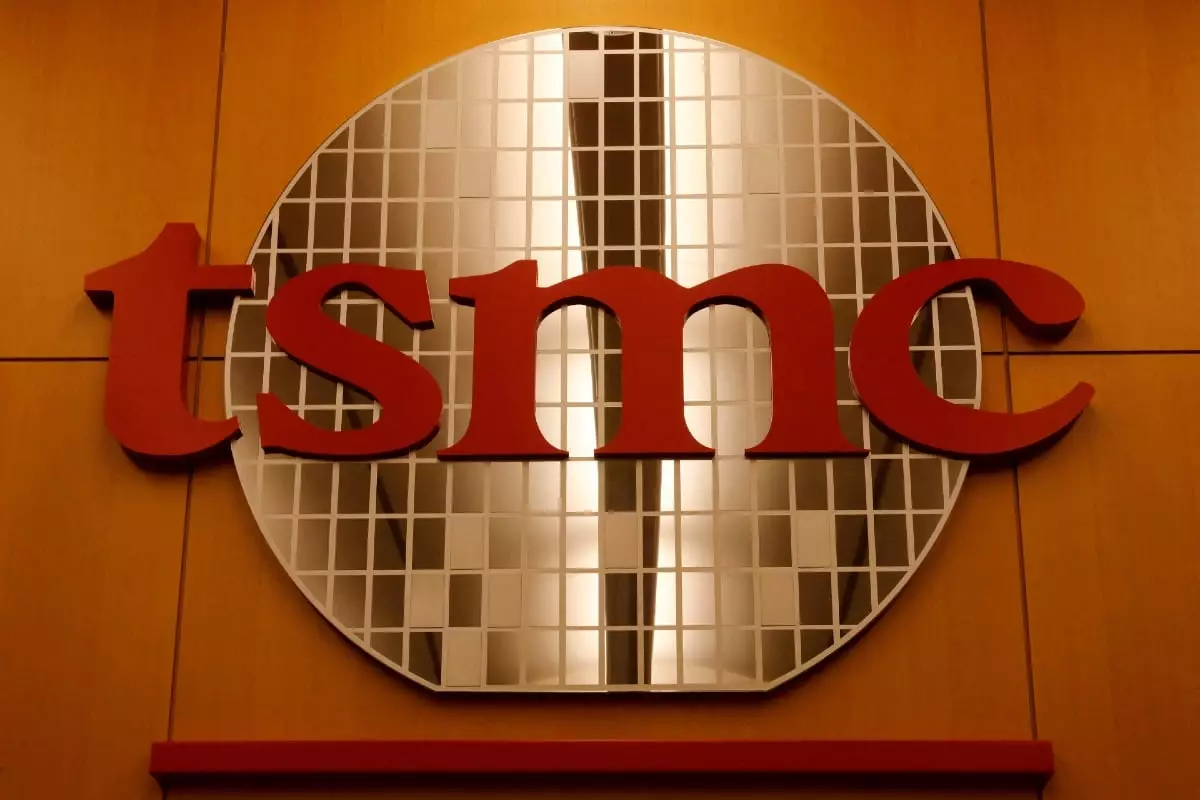The Taiwan Semiconductor Manufacturing Company (TSMC), recognized as the world’s largest contract chipmaker, recently suspended shipments to the China-based chip design firm Sophgo. This development followed the revelation that a TSMC-manufactured chip was discovered in a Huawei AI processor dubbed the Ascend 910B. The implications of this incident extend far beyond a simple supplier relationship and highlight the complexities of international trade, national security concerns, and the intricate web of technology regulations.
Reports indicate that Sophgo had ordered chips matching those found in Huawei’s advanced AI hardware. These events unfold against a backdrop of U.S. restrictions on Huawei, which bars the company from procuring certain technologies under the premise of protecting national security. Given this context, the discovery of a TSMC chip in a Huawei product raises critical questions about compliance and traceability in supply chains within the tech industry.
In a formal statement, Sophgo emphasized its adherence to legal regulations and denied any business affiliation with Huawei, underscoring its commitment to compliance. The company has gone so far as to provide TSMC with an investigation report aimed at proving its non-involvement with the Huawei incident. This move signals the delicate balancing act that firms like Sophgo must navigate between operational transparency and the repercussions of association with a high-profile entity like Huawei, especially in light of ongoing geopolitical tensions.
TSMC’s decision to halt shipments appears to be a proactive measure to mitigate potential fallout from the chip’s unintended presence in a restricted Huawei product. The company has maintained its position, asserting that it has not supplied Huawei with chips since mid-September 2020, a date significant due to the U.S. government’s expounding of export rules against Huawei.
The U.S. Department of Commerce is reportedly monitoring the situation, with indications of ongoing scrutiny regarding possible violations of export controls. However, the department has illustrated a cautious approach, refraining from commenting on specific investigations. Therein lies the challenge – as companies like TSMC and Sophgo operate at the intersection of technology and national policy, ensuring compliance becomes pivotal.
Moreover, the role of independent research firms like TechInsights is noteworthy. Their recent findings contributed to the investigation by disassembling the Huawei processor and identifying the TSMC chip—this kind of detailed analysis provides an essential layer of oversight in a sector where compliance failures can have far-reaching consequences.
The incident is emblematic of the heightened tensions and complexities in U.S.-China relations, particularly regarding technology transfer and intellectual property. Since the imposition of export restrictions on Huawei, the semiconductor industry has undergone significant realignments, with companies such as TSMC navigating a precarious path to maintain market access while remaining sensitive to international regulations.
Sophgo, closely associated with Bitmain—a prominent player in the cryptocurrency mining sector—further complicates this narrative. With reports suggesting that Bitmain intends to penetrate the AI chip market and challenge established leaders like Nvidia and AMD, the stakes are amplified. The broader implications of these efforts can alter market dynamics and are indicative of a race for technological supremacy that extends beyond mere business competition.
As TSMC continues its investigations and collaborates with authorities, the ripple effects of this incident will likely reverberate across the semiconductor landscape. Companies, especially those operating in sensitive technology sectors, must remain vigilant. The intersection of national security, market competition, and international trade will continue to shape the policies and strategies of corporations, especially in regions like Taiwan that sit at the crossroads of technological advancement and geopolitical tension.
The suspension of shipments from TSMC to Sophgo not only underscores the challenges of adhering to international regulations but also illuminates the broader trends shaping the future of the semiconductor industry amidst a highly charged geopolitical climate. The outcome of this incident could have lasting effects on corporate strategies, regulatory policies, and the competitive landscape of technology firms worldwide.


Leave a Reply